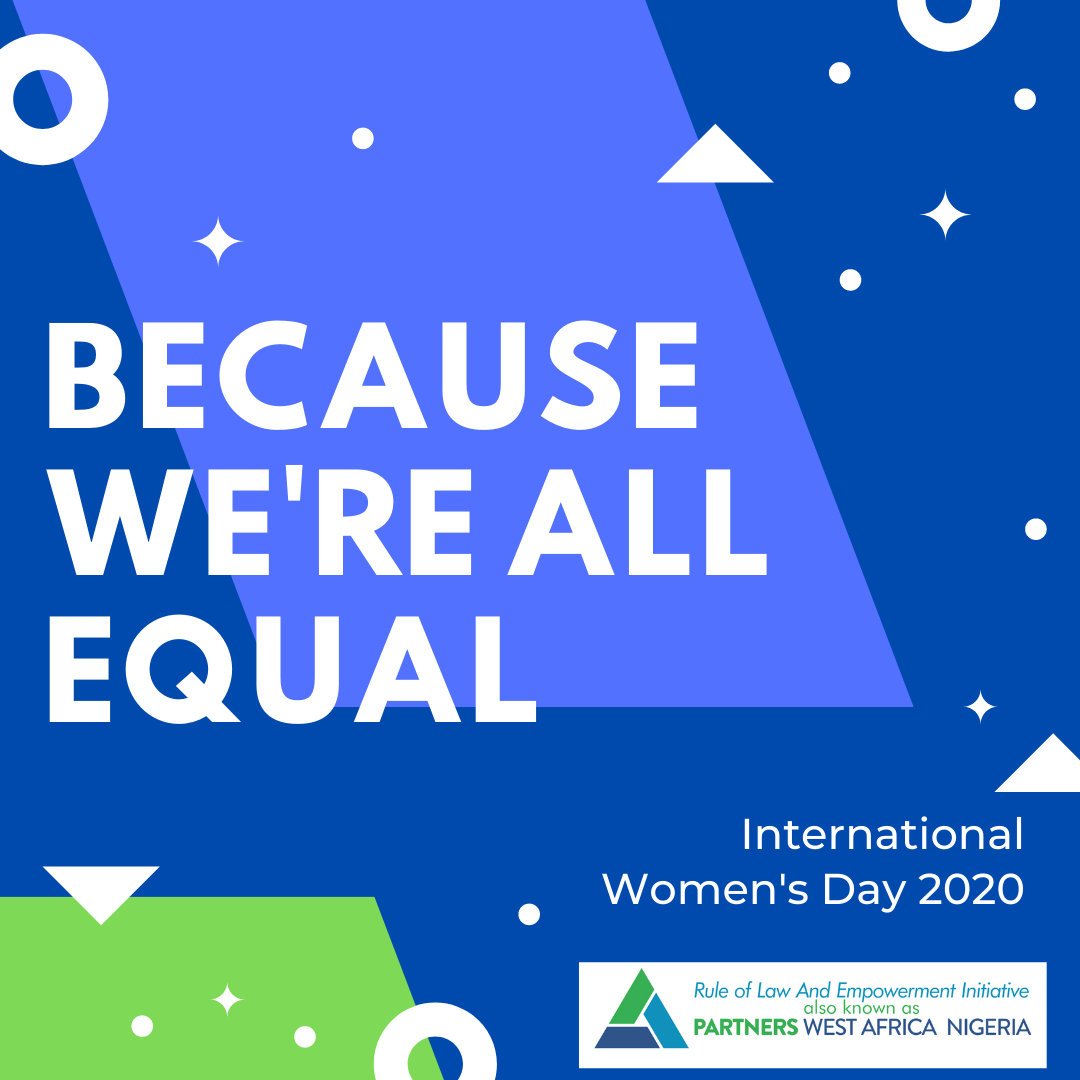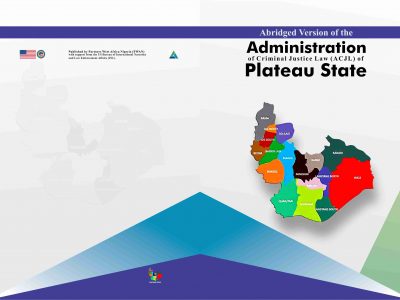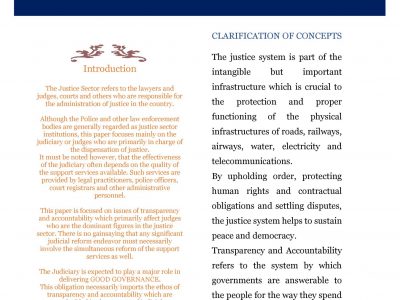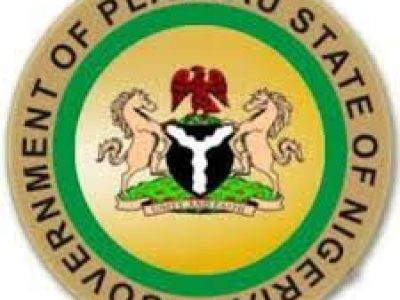
INTERNATIONAL WOMEN’S DAY 2020
The International Women’s Day is here again.
A day to celebrate women’s achievements in varied spheres of life. It’s been a long time coming and we are thriving.
Yes, we are thriving in the socio-economic, cultural, political and security spheres. But before we talk about our wins, let’s see our current challenges.
Challenges Faced So Far…
According to the International Parliamentary Union,” Nigeria has one of the lowest rates of female representation in parliament across Africa, and globally ranks 181st out of 193 countries 1 ”. Statistics in 2019, has shown that 1668 men and 232 women contested for 109 senatorial seats, while 4,139 men and 560 women contested for 360 seats in the House of Representatives 2.
This, however, could be due to the patriarchal system and violence in elections. The issue of Educational Inequality is also one that cannot be overemphasized. In Nigeria, statistics have shown that 60% of all out of school children at the primary level are girls while 30% of girls aged 9-12 have never been to school at all 3. Education is power and deliberate efforts need to be made to ensure more girls are educated.
Dominant amongst the challenges faced is the issue of Sexual harassment/Cultural practices.
Sexual harassment is a phenomenon common in secondary schools, homes, open spaces such as; markets, slum neighborhoods, higher institutions; etc. We have seen cases in higher institutions where young ladies are been forced by lecturers to have a sexual relationship with them in other for higher grades (Sex for grades) 4. Young ladies that refuse to succumb to such acts are been innocently punished. Cultural practices such as female genital mutilation, child marriage are still on the increase and it has a disturbing physical and psychological effects on women.
The trauma experienced from domestic violence can affect women’s performance in their jobs; making them seem incapable to carry out their duties 5. Some cultures also do not value girl child education as they would prefer the girl child to get married at an early age instead of being educated. The issue of Gender Inequality/Pay Gap is one that is common in the workplace. Although there has been an increase of women’s participation in the labor force, gender inequality still exists.
Men are assumed fit and capable of certain kinds of jobs even when women are qualified enough to take up such jobs. The report published by the National Bureau of Statistics in Nigeria states that 65.3% of senior positions are occupied by men compared to 34.7% by women between 2010-2015 6.
There have been instances were Judges who qualified to be Chief Justices are skipped or in some cases, the judiciary appoints or promotes them to higher courts.
Security agencies such as the police, the military do not have women occupying strategic positions as senior security officers.
The security sphere in Nigeria (both the formal and non-formal security sector) is largely dominated by men and this itself is a challenge to women.
Only a few women are present in this sphere and they are not in key decision-making or strategic positions 7.
Steps towards #Generational Equality…
In Nigeria, we are beginning to see women actively participate in governance.
Examples include; Dr. Hadiza Balarabe (first female deputy governor of Kaduna), Ipalibo Gogo Banigo(first female deputy governor of Rivers state), Lolo Cecilia Ezeilo( deputy governor of Enugu state), Mrs. Noimot Salako-Oyedele( Deputy governor of Ogun state), Pauline Tallen( the first woman to be voted a deputy governor in the fourth republic and currently the Minister of Women Affairs) 8.
Also, to mention is Senator Aisha Alhassan (the first female to be appointed Attorney General and Commissioner of Justice in Taraba State, the first woman to be appointed as Secretary of the FCT judicial council and a one-time contending governor in Taraba state).
Women are also well represented at the national and state levels with them making notable impacts both as elected and appointed officials. There is a visible increase in capacity building and mentorship programs organized by varied organizations such as PWAN where young girls are being mentored by women in politics to understand the dynamics of politics and help increase their interest in the political sphere.
At the political party level, women’s participation is now been taken seriously. This is evident at the 88th NEC (National Executive Council) meeting session of the People’s Democratic Party (PDP) which held on the 27th January 2020 where it was agreed upon to bring to fruition Section 6(7) of 2017 PDP Constitution which states that; “In the nomination for party offices, not less than 35 percent shall be reserved for women 9“.
Looking at the socio-economic sphere, we have seen women rise above the gender inequality/pay gap and occupying senior positions. We have the likes of Owen Omogaifo (newly appointed president/GCEO of Transnational Corporation of Nigeria Plc), Dupe Olushola (MD/CEO Transcorp Hotels plc), Ibukun Awosika (Chairperson of First Bank of Nigeria), Folorunsho Alakija(MD, Rose of Sharon Group), Amina J. Mohammed (Deputy Secretary-General of the
United Nations ). Justice Dongban-Mensem (the newly appointed AG. President of the court of appeal)
Within the CSO/NGO, education, justice and governance sphere, we also have several women who have made notable impacts on women’s advancements.
With respect to responses and reporting of SGBV (Sexual and Gender-Based Violence) cases, based on the report from BBC, there has been an increase in the number of young ladies that report cases related to sex for grade 10.
The VAAP (Violence Against Persons (Prohibition)) act 2015 is now in place to help curb sexual and domestic violence. The sexual offenders register where the activities of sex offenders are been tracked has been introduced. Perpetuators are now faced with a minimum of 12 years imprisonment for rape.
Laws are also now been put in place to stop female genital mutilation 11.
An example is the Law against Female Genital Mutilation (FGM) in Edo state which was sponsored by Josephine Anenih.
In all of these, we celebrate all women in all spheres of life, We celebrate all the men who have continued to support and empower women in diverse ways
(“He’s for She’s”)
We celebrate all women groups, activists, NGOs, CSOs, that have fought and continue to fight for women’s and girls’ rights.
In the spirit of Generational Equality, I will conclude with this quote by Antonio Guterres (UN Secretary-General) that says “it’s time to stop trying to change women and start changing the systems that prevent them from achieving their potential” 12
1 https://www.ipu.org/
2 https://www.unwomen.org/en/news/stories/2019/2/feature-women-in-politics-in-nigeria
3 https: www.premiumtimesng.com/news/headlines/335352-eight-million-out-of-school-children-10-nigerian-state-and-abuja-unicef.html, https://www.education-in-equalities.org/, https://doi.org/10.5281/zenodo.2542579/
4 https://thepointernewsonline.com/?p=60729
5 https://www.tandfonline.com/doi/abs/10.1080/09720073.2011.11891187
6 http://www.nigerianstat.gov.ng/
7 https://pwan.kainorete.com/fact-sheet-women-in-formal-and-non-formal-security-in-nigeria
8 https://www.thisdaylive.com/index.php/2019/04/14/women-and-representative-government/
9 http://imirroronline.com.ng/2020/03/02/pdp-approves-35-women-representation-into-party-offices-at-all-levels/
10 https://www.bbc.com/news/av/world-africa-49907376/sex-for-grades-undercover-in-west-african-universities
11 https://www.refworld.org/pdfid/5b3497357.pdf
12 https://news.un.org/en/story/2020/02/1058271
This post is written by Ijeoma Igwe– Program Assistant PWAN.



